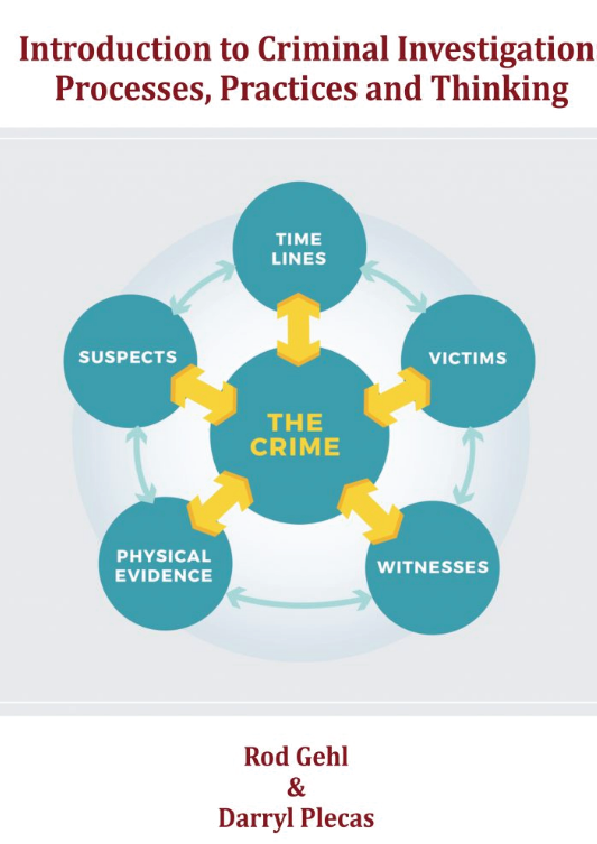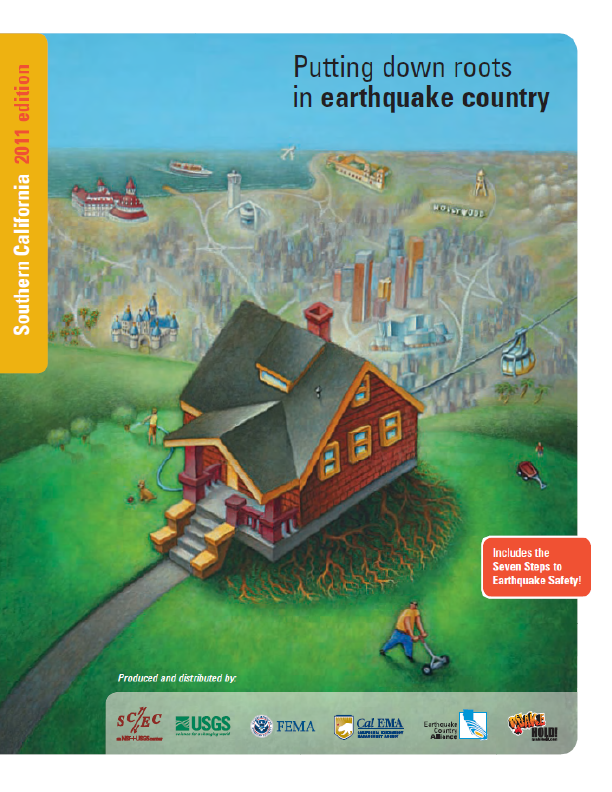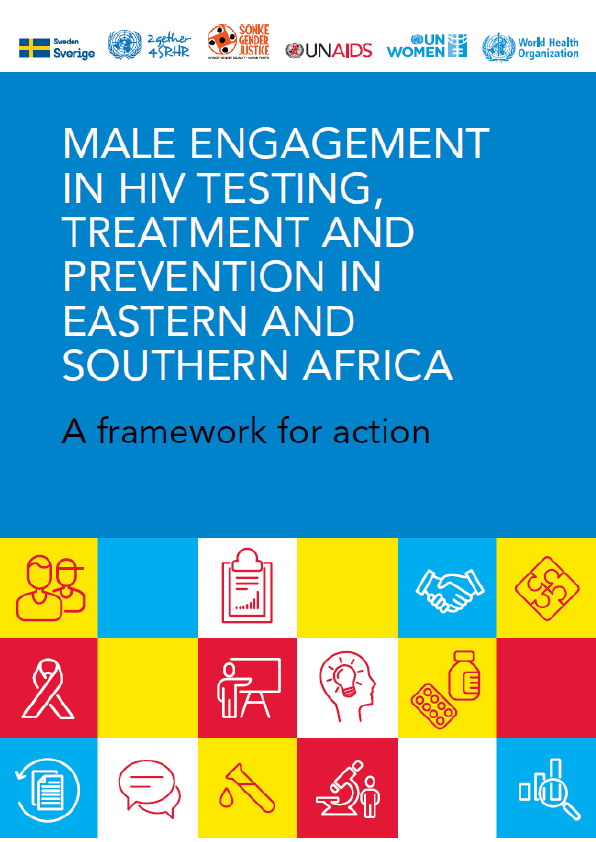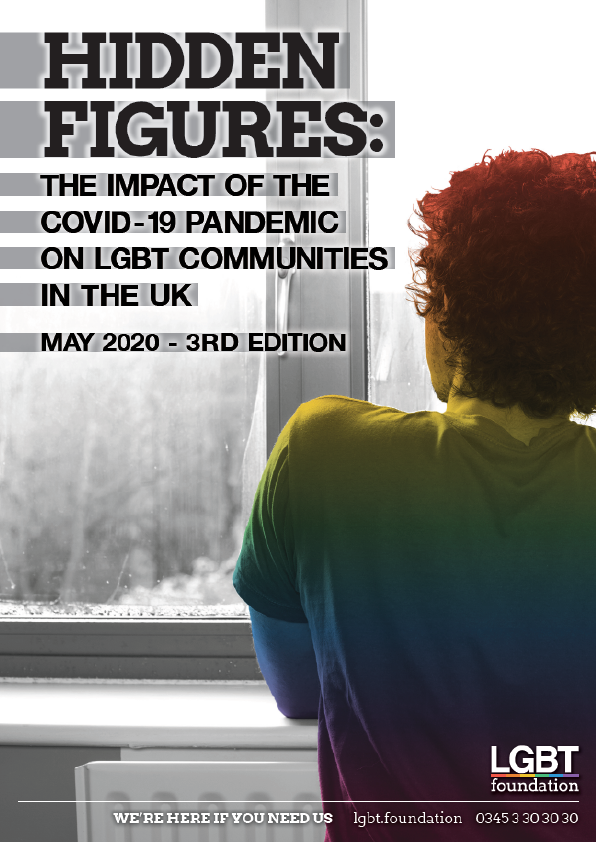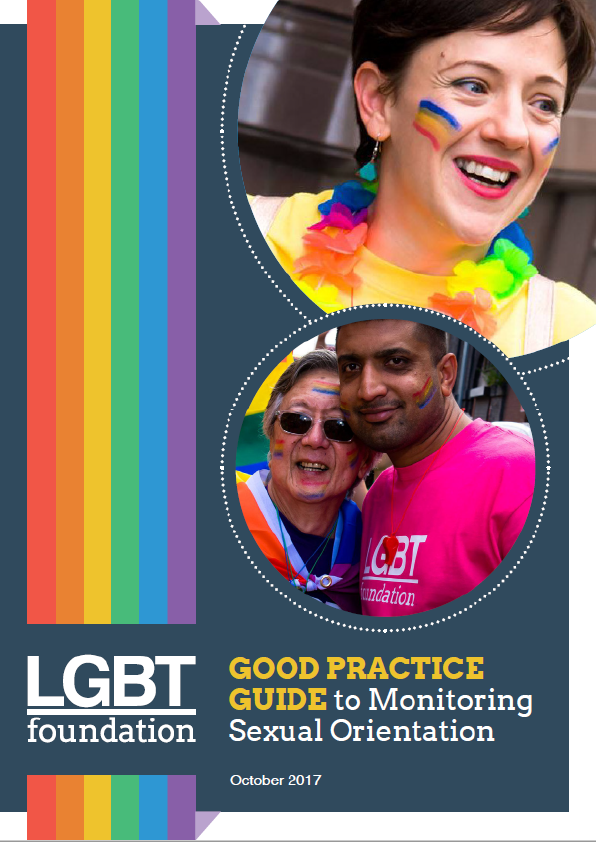It is too bad we can not just provide you with a basic template to follow every time you needed to conduct a criminal investigation; but it is not that simple. Criminal investigations can be imprecise undertakings, often performed in reaction to unpredictable and still-evolving events with incomplete information to guide the process. As such, it is impossible to teach or learn a precise methodology that can be applied in every case. Still, there are important concepts, legal rules, and processes that must be respected in every investigation. This book outlines these concepts, rules, and processes with the goal of providing practical tools to ensure successful investigative processes and investigative practices. Most importantly, this book informs you on how to approach the investigative process using “investigative thinking.” In this first chapter, we set the foundation for the book by calling attention to five important topics:
- Criminal investigation as a thinking process
- The need to think through the process
- Towards modern-day investigation
- The path to becoming an investigator
- Understanding the investigative mind
Topic 1: Criminal Investigation as a Thinking Process
Criminal investigation is a multi-faceted, problem-solving challenge. Arriving at the scene of a crime, an officer is often required to rapidly make critical decisions, sometimes involving life and death, based on limited information in a dynamic environment of active and still evolving events. After a criminal event is over, the investigator is expected to preserve the crime scene, collect the evidence, and devise an investigative plan that will lead to the forming of reasonable grounds to identify and arrest the person or persons responsible for the crime. To meet these challenges, police investigators, through training and experience, learn investigative processes to develop investigative plans and prioritize responses.
In this book, these investigative responses, information analyses, and plan-making skills are broken out using illustrations of both tactical and strategic investigative thinking. The aim of the book is to guide you into the structured practices of tactical investigative response and strategic investigative thinking.
Criminal investigation is not just a set of task skills, it is equally a set of thinking skills. To become an effective investigator, these skills need to be consciously understood and developed to the point where they are deliberately engaged to work through the problem-solving process that is criminal investigation. Trained thinking and response can be difficult to adapt into our personal repertoires because we are all conditioned to be much less formal and less evidence driven in our everyday thinking. Still, as human beings, we are all born investigators of sorts. As Taber (2006) pointed out in his book, Beyond Constructivism, people constantly construct knowledge, and, in our daily lives, we function in a perpetual state of assessing the information that is presented to us. Interpreting the perceptions of what we see and what we hear allows us reach conclusions about the world around us (Taber, 2006). Some people are critically analytical and want to see evidence to confirm their beliefs, while others are prepared to accept information at face value until they are presented facts that disprove their previously held beliefs. Either strategy is generally acceptable for ordinary people in their everyday lives.
